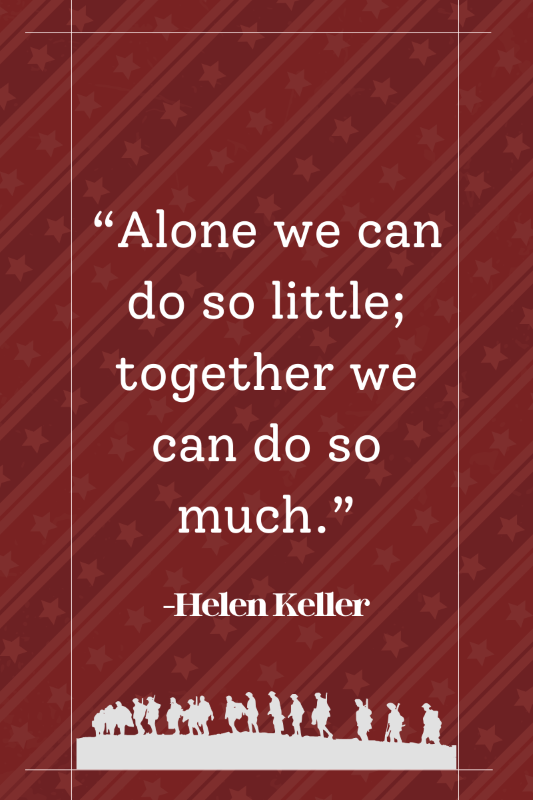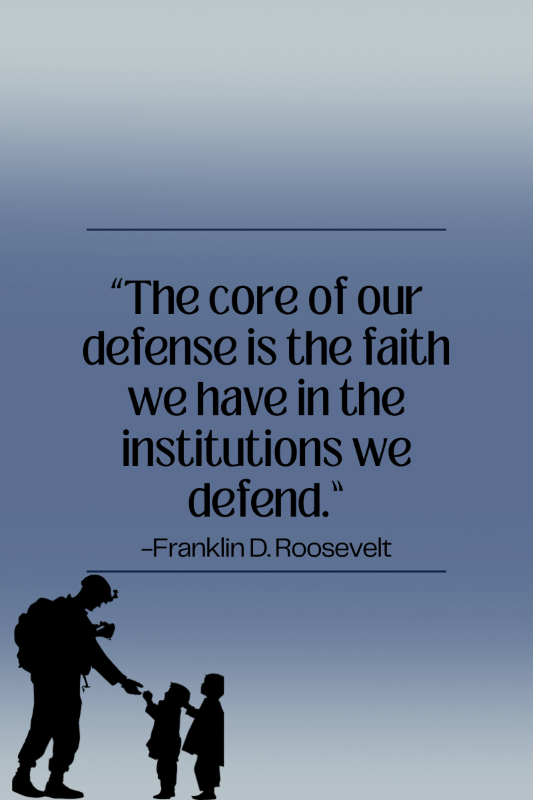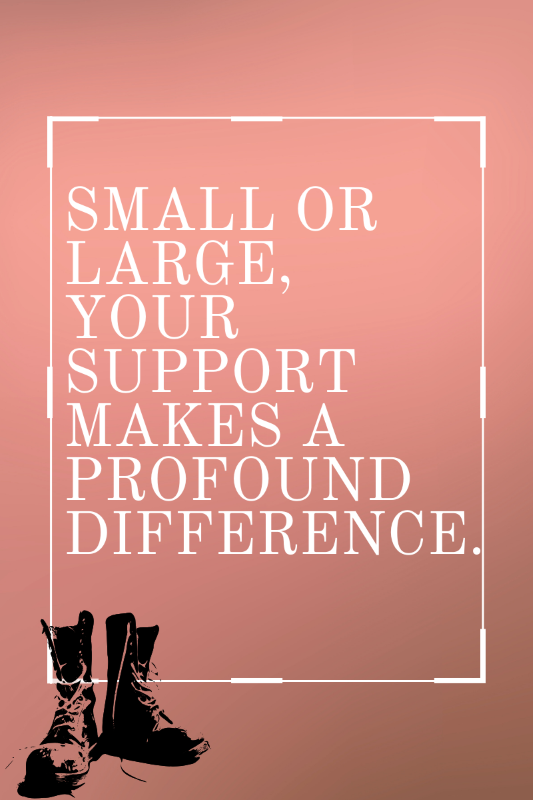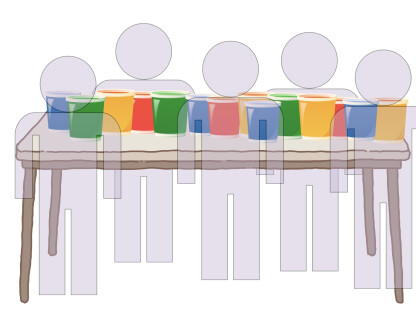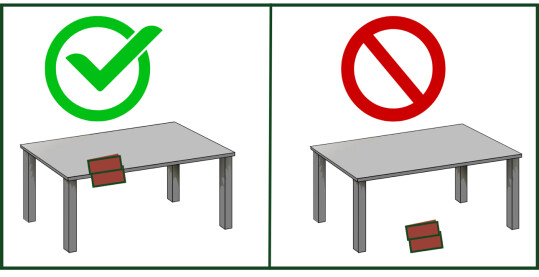10 Timeless Lessons From the Nativity Scene
Found in the first two chapters of both Matthew and Luke, the Nativity recounts the miraculous birth of Jesus Christ. Set in Bethlehem more than two millennia ago, the story revolves around Mary, a young virgin, and Joseph, her betrothed, who, guided by a divine plan, journey to Bethlehem. Unable to find lodging, the couple takes refuge in a humble manger, where Mary gives birth to Jesus. The scene is graced by the presence of shepherds, who receive angelic announcements heralding the arrival of the Messiah, and later, the magi who follow a guiding star to marvel at the newborn King.
In the heart of the Nativity story lies a timeless portrait that offers lessons with enduring relevance. From the humble manger to the magis’ arrival, each element carries teachings that resonate in the world today. As we explore the wisdom of the Nativity, we uncover insight that inspires respectful leadership, compassionate communities, and a deeper connection to the fundamental values that shape our lives.
1. Humility in Leadership
Biblical Context:
Jesus was born in a humble manger, a setting that contrasts with the grandeur often associated with leadership. The choice of a manger for Jesus' birth, rather than a royal palace, exemplifies the humility of Christ. This intentional act communicates that leadership is about service and putting others' needs before one's own, serving as a powerful reminder that effective leadership involves humility and a willingness to serve.
Modern Parallel:
In today’s leadership, humility remains a timeless virtue. Leaders who acknowledge the strengths of their team, actively listen, and are willing to learn from others exemplify the humility mirrored in the Nativity. By focusing on collaboration and shared success rather than personal acclaim, leaders can create environments conducive to growth and innovation. The Nativity narrative, therefore, becomes a guide for leaders aspiring to lead with grace and humility.
2. Embracing Change
Biblical Context:
Embracing change is illustrated through the arduous journey of Mary and Joseph to Bethlehem. The Gospel of Luke describes the census decree by Caesar Augustus, compelling the couple to travel from Nazareth to Bethlehem. This unexpected change in plans and the arduous journey to Bethlehem, on top of the challenges of Mary's pregnancy, represents a divine orchestration of events that required the acceptance of change. Facing unexpected challenges, the couple adapted to their circumstances, demonstrating resilience and flexibility in uncertainty.
Modern Parallel:
Individuals and organizations can draw inspiration from Mary and Joseph's journey, viewing unforeseen changes not as obstacles but as opportunities for learning, innovation, and personal development. By fostering a positive mindset and a willingness to adapt, people can navigate uncertainties with grace and resilience, just as the Nativity story exemplifies.
3. Inclusivity and Acceptance
Biblical Context:
The Nativity story beautifully underscores the theme of inclusivity and acceptance through its diverse cast of characters. Shepherds, often considered on the fringes of society, were among the first to receive the angels' proclamation of Jesus' birth. Mary and Joseph welcomed shepherds, often considered marginalized in society, to witness the birth of Jesus. Additionally, the magi, traditionally believed to be from the East, possibly from different nations, who traveled to Bethlehem are representative of various nationalities and backgrounds. Mary and Joseph's open reception of shepherds coupled with the magi's inclusion from different nations, exemplify a harmonious gathering around the central event of Jesus' birth.
Modern Parallel:
In a time when social and cultural differences can sometimes create divides, the inclusion surrounding the Nativity inspires us to extend acceptance and welcome individuals from all walks of life, promoting understanding and unity. This theme urges contemporary society to celebrate diversity and create inclusive environments, calling for a mindset that recognizes the beauty in our differences.
4. Seeking Guidance and Wisdom
Biblical Context:
Guided by a celestial star, the magi demonstrate the importance of seeking external guidance in making significant decisions.
Modern Parallel:
In our intricate world, seeking guidance extends beyond mentorship, continuous learning, and thoughtful reflection—it encompasses a connection with the divine. Tapping into the experiences and wisdom of others remains essential for informed decisions and effective navigation of challenges. Integrating the spiritual dimension, and seeking guidance from God enriches the journey, striking a harmonious balance between earthly wisdom and insights from a higher power.
5. Finding Joy in Simple Moments
Biblical Context:
The juxtaposition of Jesus' birth in a stable rather than a grand setting affirms the notion that joy can be found in the most unanticipated places. This humble beginning becomes a poignant reminder that significance is not always tied to extravagance.
Modern Parallel:
The joy emanating from the Nativity illustrates genuine happiness often lies in moments of simplicity and heartfelt connections. The narrative prompts a reevaluation of values in the modern context, urging individuals to savor the simplicity inherent in daily life. Taking time to appreciate small moments, connect with loved ones, and enjoy the beauty in everyday life contributes to overall well-being and a more positive outlook.
6. Community Support
Biblical Context:
The shepherds, responding to the angels' proclamation, represent the immediate community surrounding the birth of Jesus. Their presence and involvement highlight the importance of communal bonds and shared responsibility throughout life events.
Modern Parallel:
The lesson of community support encourages individuals to participate in community initiatives actively, lend a helping hand to neighbors, and support a sense of collective well-being. By engaging in shared experiences and supporting one another, individuals contribute to the creation of resilient and interconnected communities, mirroring the ethos embedded in the Nativity.
7. Generosity and Gift-Giving:
Biblical Context:
The magi's presentation of gifts—gold, frankincense, and myrrh—carries symbolic significance, representing offerings of wealth, worship, and anointing. Their gifts emphasize the sentiment and intention behind the act of giving.
Modern Parallel:
The lesson of generosity encourages individuals to move beyond materialistic notions of gift-giving. By focusing on the sentiment, thought, and meaning behind the gifts they offer, individuals can develop a culture of generosity that goes beyond the material value. This approach enriches connections and contributes to a more compassionate and empathetic society.
8. Hope in Dark Times
Biblical Context:
The birth of Jesus brought hope to a troubled world, promising a new beginning and a transformative presence. The Nativity communicates the idea that even in challenging times, hope can bring about positive change.
Modern Parallel:
While experiencing challenges, the Nativity encourages individuals to hold onto hope. By acknowledging difficulties while maintaining optimism for the future, people can contribute to a collective spirit of resilience and positive change.
9. Family and Togetherness
Biblical Context:
The Holy Family, Mary, Joseph, and Jesus, exemplifies the idea of togetherness, unity, and familial support. Their shared experiences and the bonds they form during their journey serve as a model for the strength derived from family connections.
Modern Parallel:
Prioritizing family involves creating an environment of love, support, and open communication. Quality time, shared traditions, and mutual understanding strengthen family ties. Family togetherness creates the space for healthy emotional well-being and resilience.
10. Faith and Trust in the Divine Plan
Biblical Context:
Mary and Joseph's trust in God's plan is a central theme in the story of the Nativity. Their faith serves as a testament to the idea that, even in uncertain times, trusting in a higher purpose can provide guidance and resilience.
Modern Parallel:
Encouraging faith and trust involves finding strength in one's beliefs. When faced with challenges and hardships, individuals can draw on their faith to guide their decisions and actions, providing them with a sense of purpose, resilience, and inner peace.
Drawing the Curtain
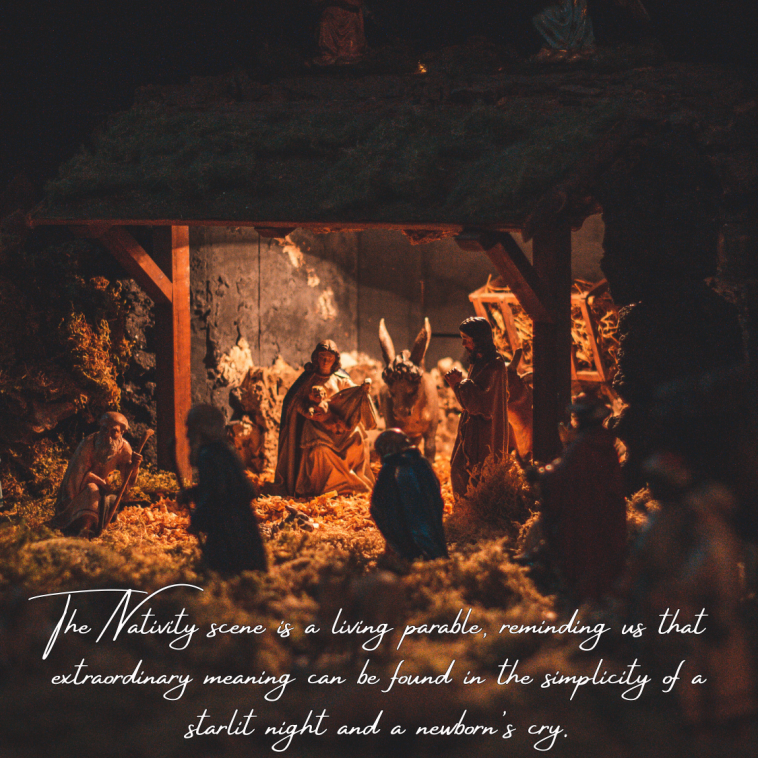
Through humility, adaptability, community support, and a steadfast connection to faith, the Nativity story beckons us to embrace a deeper sense of purpose and interconnectedness. As we carry these lessons forward, may they serve as guiding lights in our pursuit of a more harmonious and meaningful journey through life.
-Torrance Church of Christ




